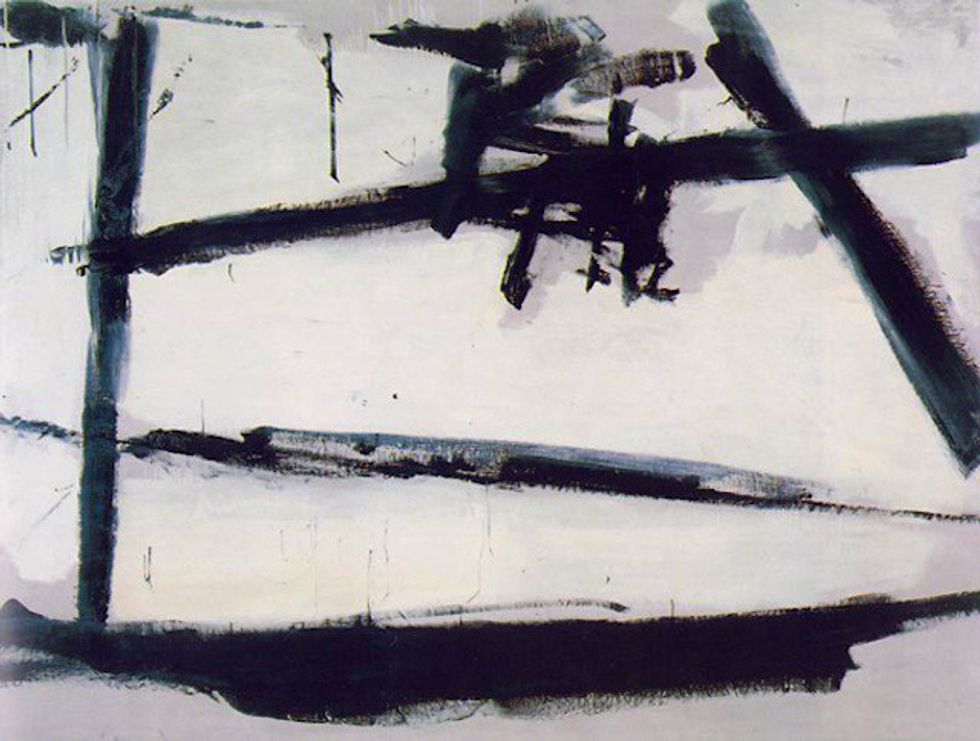It’s interesting to think that a single sentence could carry so much weight and so many different meanings. But it’s true – there is one sentence that can encapsulate many aspects of everyday life. And it’s this: “One man’s trash is another man’s treasure.”
Now you might be thinking, “I already know what that means.” And while that might be true, also realize that someone else might also know what it means – and those two explanations might be different.
THIS is the meaning of the phrase. What is for one person might be different for another – what one person considers “trash” or “unworthy” might be considered by another a “treasure” or “artistic.” One of the best examples I can think of is a piece of art. Take this painting by Franz Kline, called “Painting Number 2.”
Can you even tell what this is a painting of? Maybe, maybe not. Someone might look at this painting and wonder how this can even be called “art.” However, another might look at the same painting and wonder why more artists can’t paint something as artistic as it.
This phrase relates to two main topics that have many branches off of it: subjectivity and perspective. Many of the things in our lives are subjective views of topics, people, places, things, and activities. We have our own unique take on what it means, its importance, and how our experiences influence those.
Our perspective depends on how we were raised, where we grew up, and the experiences we have. The “nature vs. nurture” debate might never be solved, but your perspective on life depends on aspects of both of these, and that influences how you view certain things in your life. If you grew up thinking that spinach is gross and belongs in the garbage, realize that someone else might love spinach because they grew up eating it.
All in all, it boils down to this: keep an open mind. Realize that there are people with different opinions than you on things, and there is a lot of history that can go into the simplest of things sometimes. Everyone has a story, and what might be one person’s trash might be another person’s treasure.




















